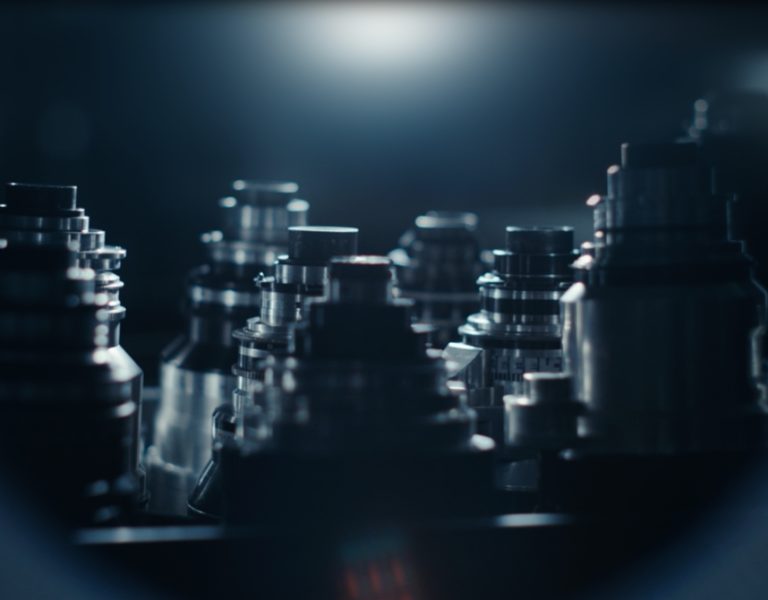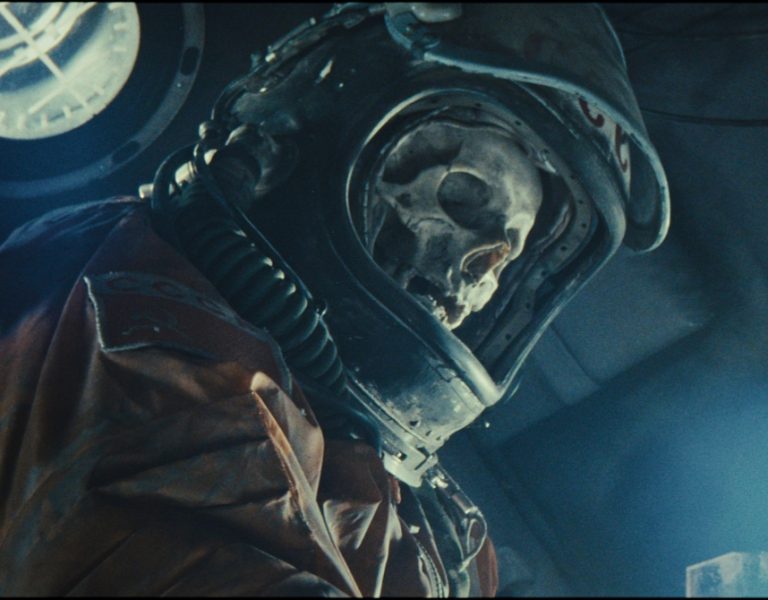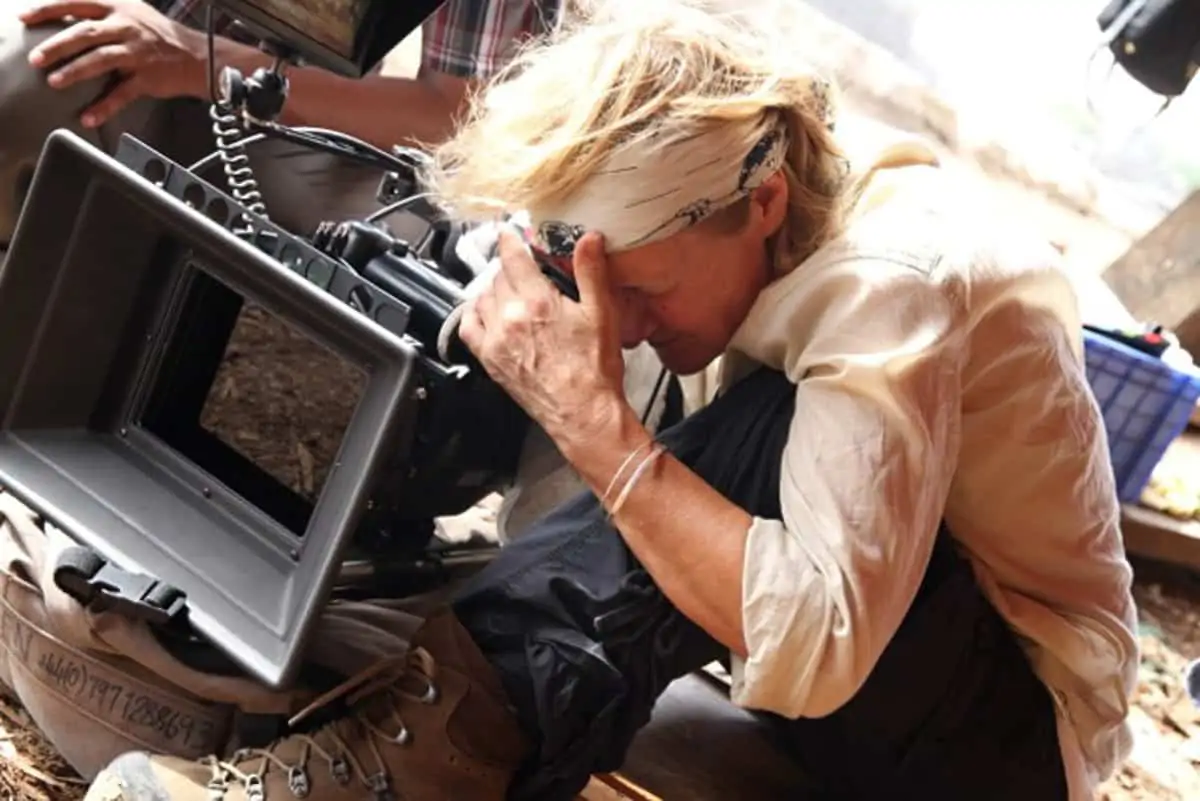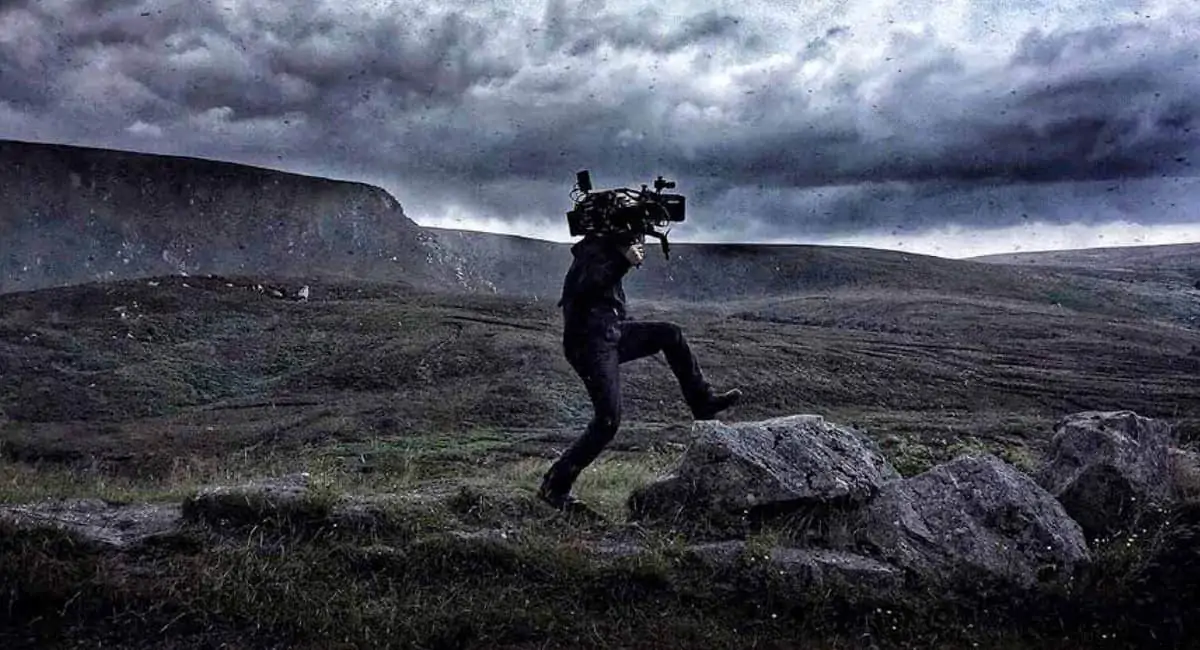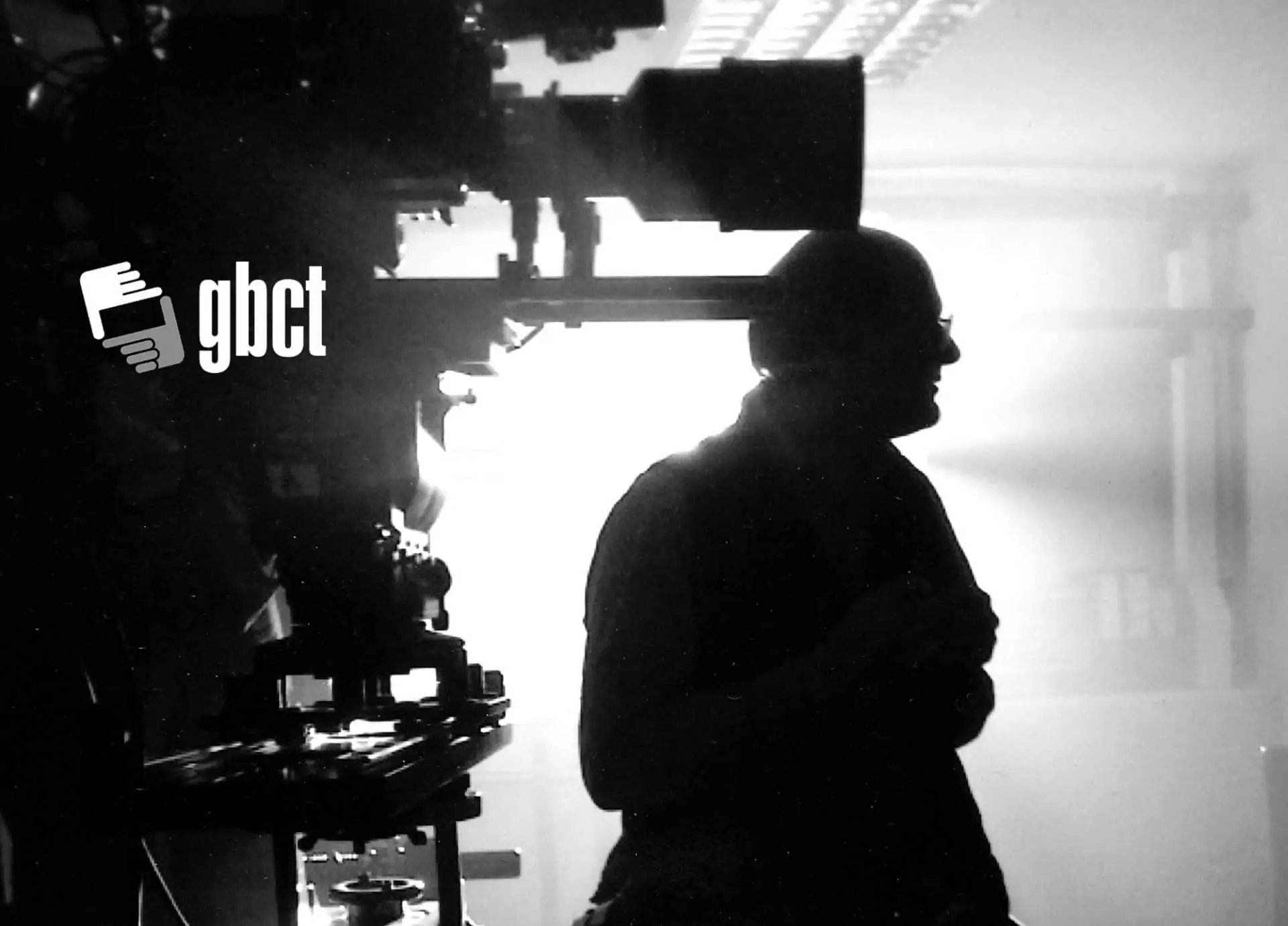Embracing change
GBCT News / John Keedwell
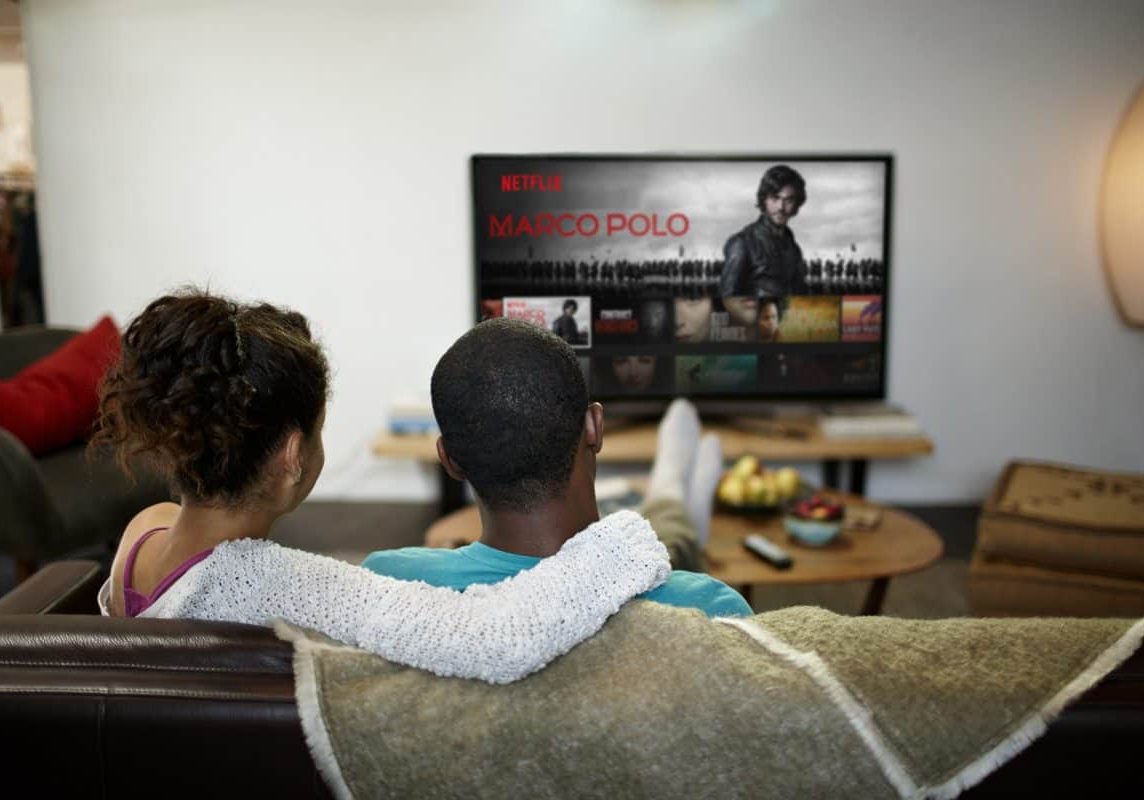
Embracing change
GBCT News / John Keedwell
Looking back a year ago, who would have thought we would be where we are now? I don't want to get overly political here, although it's clearly very difficult to ignore the events over the course of 2016, and it would be very unwise to ignore them and think nothing has changed.
The UK leaving the European Union (although at the time of writing it is still being debated how awful this is) led to a change of UK Prime Minister, and there has been huge political turmoil around Europe, the USA and the World.
What potential effects these events will have on business as a whole (and in particular film production) going forwards, nobody is really yet sure. It will be an interesting and potentially turbulent ride for a few years, for sure. One thing is certain, being a lawyer is a great place to be, what with all the legislation changes and re-writing of laws. Maybe the advice at school about "getting a proper job" was correct after all. But where would the fun be if we were outside of working in the magical film business?
What is certain is there will be change in business, and there will be a need to embrace the change and go where it takes us. There will be a need to anticipate certain changes before they happen, not leaving it too long and attempting to steer a different direction when it is then too late.
Netflix and Blockbuster is a classic example of this in recent years. In 2000 the founder of the new fledgling company Netflix flew to Dallas to meet John Antioco, the CEO of Blockbuster at the time. Netflix proposed a partnership where Netflix would run Blockbuster online, and Blockbuster would promote Netflix inside their stores. Reed Hastings, the founder of Netflix, was literally laughed out of the meeting room.
Ten years later Blockbuster went bankrupt, and Netflix is now a $52billion company, serving 86 million customers in 190 countries. All this success has been achieved in under 20 years!
"There will be a need to anticipate certain changes before they happen, not leaving it too long and attempting to steer a different direction when it is then too late."
- John Keedwell
Netflix had an advantage over Blockbuster by simply having a slightly different business model, and that is what the consumer ultimately wanted. Blockbuster made a great deal of money due to charging the customer late fees when the video was not returned on time, and in fact this was an essential part of their revenue model. Netflix offered subscriptions, meaning customers could watch the video and keep it for as long as they wanted, or return it and get a new film to watch. This made annoying and costly late fees unnecessary.
Blockbuster actually had a few advantages in the ability to browse in the shop and decide which movie to take home that night, which Netflix couldn't do. Yet, as word spread, and people raved about Netflix, they quickly overtook Blockbuster. The rest is history, as they say. Now the Netflix business model is based on streaming services, of course, not physical DVDs, so the cost of delivery is now quicker and also less expensive.
It was this inability to embrace change and subtly adapt to what the customer wanted that put Blockbuster out of business. Also the ability to collaborate with other companies and be a greater sum of the two parts is vital going forward. This is what the film business needs to embrace and keep training people with new skills to the highest levels.
TRAINING COURSES
The GBCT has many high end training courses taught by working professionals, and the courses for early 2017 include:
– Introduction to Steadicam and camera stabiliser workshop
– Digital Imaging Technicians and Data Wranglers
– Focus pullers workshop
– Video assist assistants
For details of all GBCT courses in 2017 take a look at the GBCT website at www.gbct.org/courses
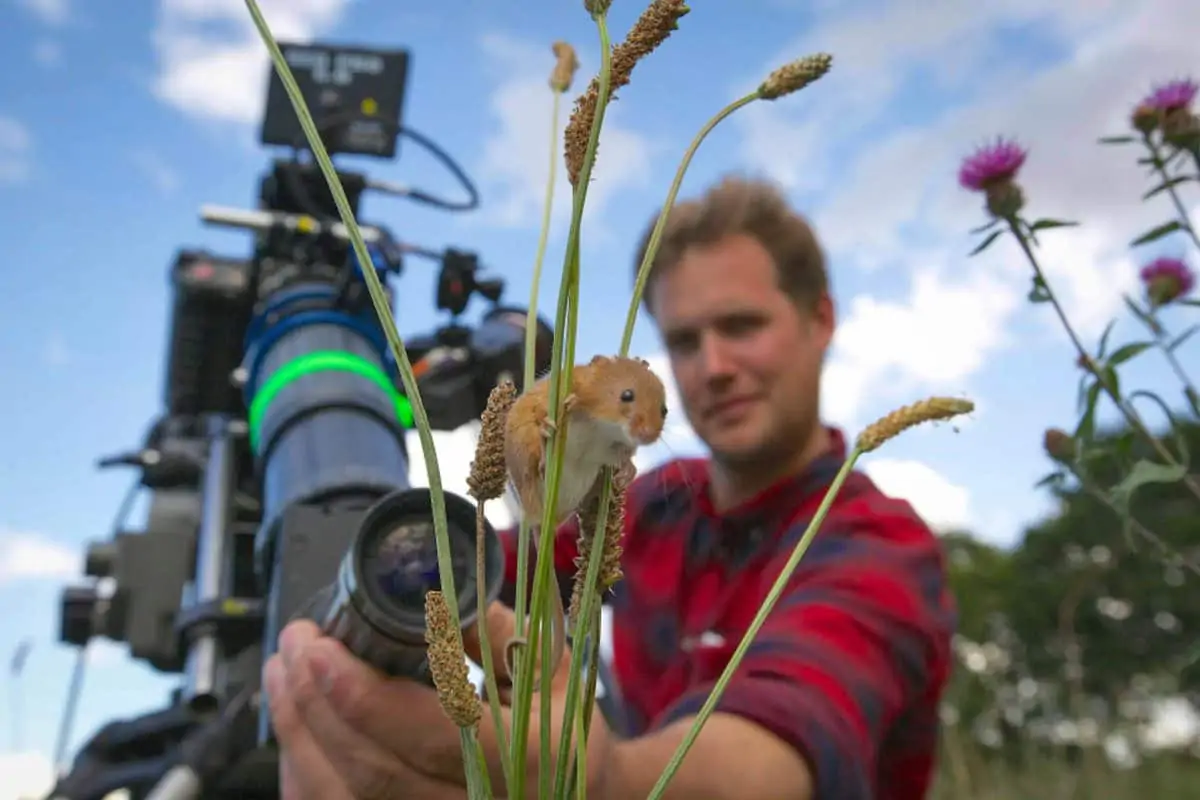
Working in a team
Working in a team of people on the production of a movie or programme is certainly a team effort, and the business needs to adapt very quickly with the new technology being brought in at an eye-watering rate.
The recent BBC television Planet Earth 2 series was a masterpiece in cinematography and technology, with cameras and techniques not available even a few years ago. The whole series was produced in Ultra HD, and it was noted the cameras-of-choice for the production were from the RED camera stable. 4K camera drones were also used in many remote places, where a conventional helicopter with gyro mount would be at a huge disadvantage. For example, drones were used inside jungles, under the trees and through the canopies. In the desert episode, there were shots through tight canyons that a helicopter could never reach. This certainly gives filmmakers a fuller toolbox with more choices and creative possibilities.
The technology has certainly moved ahead apace, and the Corporation even commissioned the soundtrack by Oscar-winning composer Hans Zimmer, who is better known for scoring the films The Lion King, Gladiator and Batman. The sound team also deserve a huge praise, with many of the sounds produced in the comfort of post-production studios, as many of the camera shots were shot on such a long lens that real sound would be impossible. This was BBC output at the highest level, and the experience gained will certainly have a huge potential effect upon movie productions going forward.
At the moment the BBC has no plans for a dedicated 4K channel, although the reason for shooting Ultra HD for this series will ultimately be made for long-term financial reasons, and this is to be commended. As the remote triggered cameras were often destroyed by inquisitive bears, elephants and other animals, all this fantastic technology still required a very patient camera operator to sit in a hide for several days to capture the shots of one of the animal subjects. No matter how much technology is involved it always requires the vital input of the determined and skilled human camera operator to get the shot.
"No matter how much technology is involved it always requires the vital input of the determined and skilled human camera operator to get the shot."

It is this teamwork, embracing new technology and changes, along with adaptability and forward thinking that will enable the film and TV business to move forward and create stories with visually stunning content and sound creativity to match. There is already digital cinema projection, and consumer Ultra HD TV is now available to buy at relatively low prices. We have a consumer who is hungry for the quality end-product, and this means content needs to be delivered at the highest standards. With quality standards rising daily there is a flurry of activity in cameras and final delivery, and who knows when the merry-go-round will slow down? With the introduction in October last year of the RED Weapon 8K S35 camera, the drive is still on for more pixels, it seems, and along with HDR, there is still much to learn and great technical strides ahead. The BSC show will be a very interesting place to be in 2017.
The "Threshold Model of Collective Behaviour" has shown that early adopters influence the early majority, and this can already be seen in Ultra HD TV purchases. It means the buyers now want the highest quality pictures and sound, and also means highest quality original productions in movies as well as television. This can only be good news for technicians trained to the highest level of technical competency, such as those found in the GBCT, as long as continual development and learning are a part of the journey in the coming years ahead.
Looking further forward there will likely be an increasingly high requirement for additional training and continual personal development for all involved in high-end productions, and this will potentially require a large personal investment to keep up with the trends happening far ahead.
If they are forward-thinking enough many companies will be investing in training for the people working for them, and rental companies do like to have fully-trained people using their kit, for obvious reasons. Yet the freelancer has to fund a great deal themselves, taking time off potential work and scheduling a date far in advance to do so. Training has always been a sticky point, yet looking ahead it will need further investment and potential restructuring to make it a viable proposition to compete at the highest level in the future.
Being ahead of the wave means you will be able to capture the moment and future business too. Commercial camera drone operators have seen this upwave and, now that the initial rush has happened, there are a large number of drone operators with an operator's licence to fly. Yet there are now many more people seeing the potential for a business and have gone along the same route, and this potentially dilutes the market and the prices that can be charged.
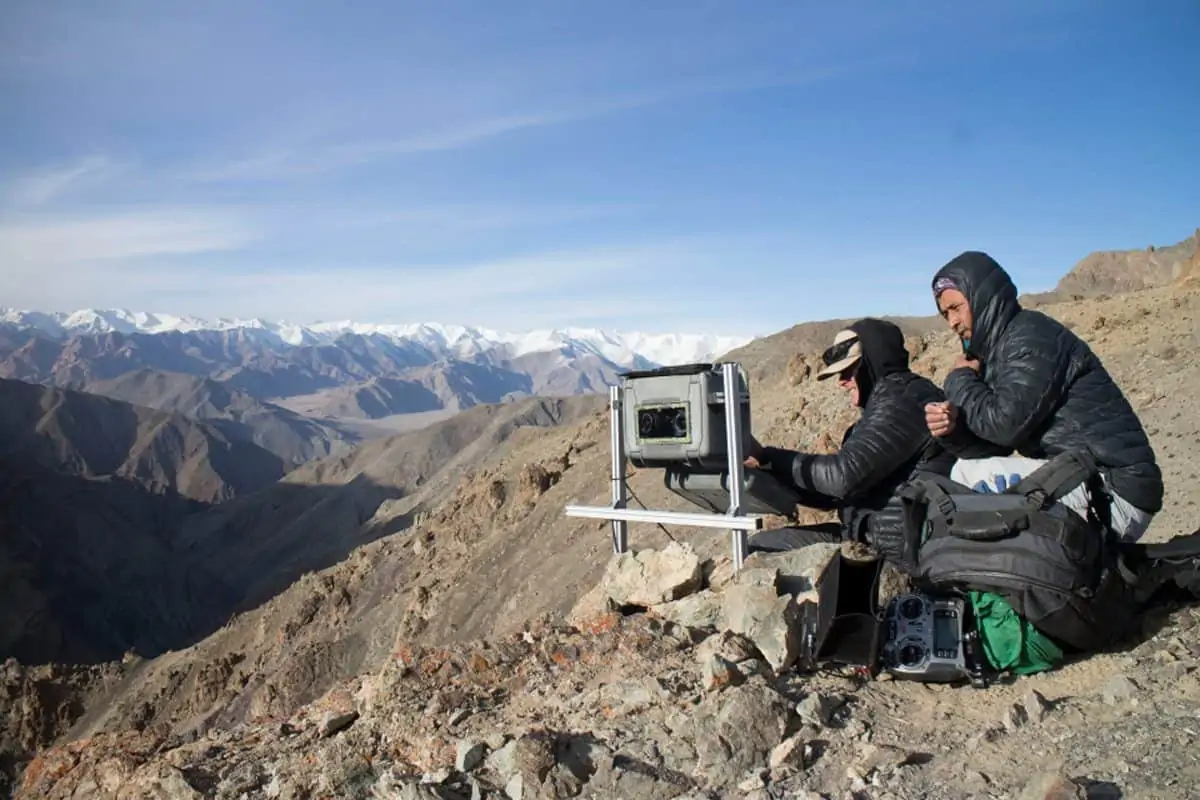
The days of arriving at the shoot with all the camera equipment being all totally familiar are dwindling. Yes, of course, every production needs a pre-shoot testing period, where any unfamiliarity with kit can be learned, yet some of the kit needs more than a few questions answered by the experts in the rental houses. Some of the equipment needs deep understanding of the full production process and delivering it according to the production’s wishes. Most camera companies do a great job in explaining the benefits of their cameras, as well as features, best practices and online instruction manuals, and these are all welcomed, although experience in the field cannot be beaten for overall knowledge and experience.
Some equipment is now radically far-advanced from the days of trusted film cameras, and the advances are only getting more frequent with new routes of production being introduced. The multitude of routes from pre-production discussions to production and post are now mind-blowing, with almost infinite variations.
The fundamental concept of the camera is still a box with a sensor inside, with a lens on the front, yet as cameras, cranes and other equipment become more complex, it requires highly-skilled crews. Cameras are now more of a computer than a camera, and that comes along with all the associated technical areas the DIT and camera crew need to contend with. Camera cranes rightly have strict rules, of course, and there is a legal requirement to have grips who are qualified and experienced.
But who pays for this advanced training for established crew? Is it the sole responsibility for the technician to learn new skills by paying for the training themselves, or by learning on the job, or funded by outside sponsorships?
If thousands are invested each year in "keeping up", this needs to be reflected in a raising of overall rates of pay, yet will this happen?
If the required talent is not available for key productions, perhaps there is a need for an additional funding-scheme based on a percentage of a movie budget. Whatever the answer, this current model of business may need to be examined in more detail in the future.
BSC Operators Night – Winners
A good night was had by all. Thanks to Audra and Helen of the BSC for all their hard work – it paid off! Many who attended said how much they enjoyed the night. It was lovely seeing and catching-up with old friends, and the whole atmosphere of the place was warm and friendly.
Many congratulations to all those nominated for these prestigious awards and special wishes to the winners:
BSC/ACO/GBCT Television Drama Operators Award: Joe Russell ACO for The Tunnel: Sabotage – Episodes 2, 3, 5, 6
BSC/ACO/GBCT Feature Operators Award: P. Scott Sakamoto SOC for The Revenant
BSC’s Best Cinematography In A TV Drama: Felix Wiedemann for The Go-Between
BSC/ARRI John Alcott Memorial Award: Nigel Walters BSC GBCT
Stills of the night, taken by Richard Blanshard, are available on the GBCT, BSC and ACO websites.




